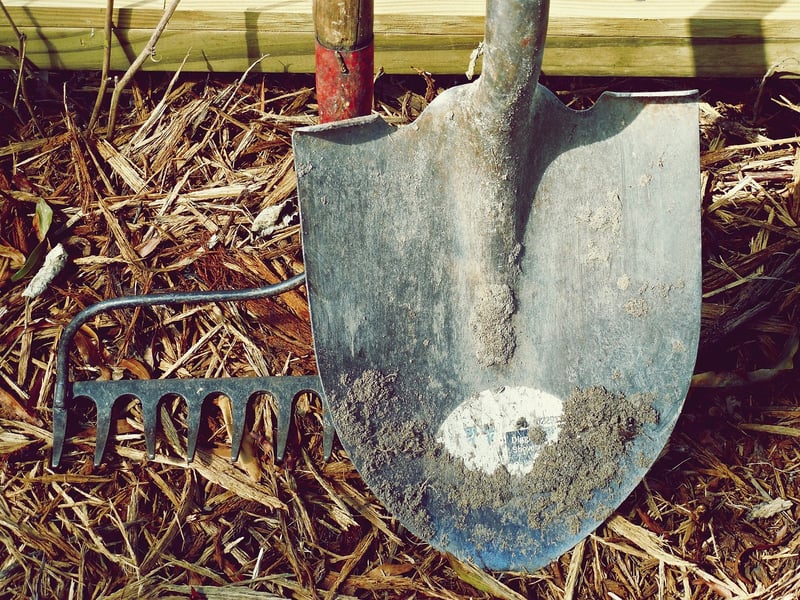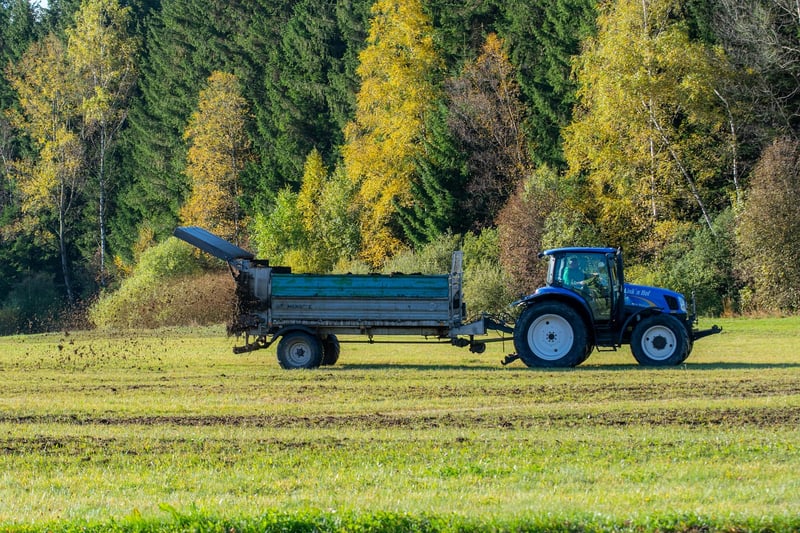Fertilizing Schedule
Guidance on Nurturing Plants and Fertilizing Schedule
Nurturing Plants
Plants are living organisms that require proper care to thrive. Whether you are a seasoned gardener or a beginner, here are some essential tips for nurturing your plants:
1. Watering
Ensure your plants receive adequate water based on their specific needs. Overwatering or underwatering can harm plants, so it's crucial to find the right balance.
2. Sunlight
Most plants need sunlight to photosynthesize and grow. Be aware of your plant's sunlight requirements and place them accordingly.
3. Pruning
Regular pruning helps plants maintain their shape, encourages new growth, and removes dead or diseased branches.
4. Soil Quality
Use well-draining soil rich in nutrients to support plant growth. Consider adding compost or organic matter to improve soil quality.
Fertilizing Schedule
Fertilizing is essential to provide plants with the necessary nutrients for healthy growth. Here is a general fertilizing schedule to follow:
1. Spring
As plants start actively growing in spring, it's a good time to apply a balanced fertilizer to support their growth.
2. Summer
During the summer months, consider using a slow-release fertilizer to provide a steady supply of nutrients to your plants.
3. Fall
Before the onset of winter, apply a fertilizer with higher potassium content to help plants strengthen their roots and prepare for the cold season.
4. Winter
In winter, most plants are dormant and do not require fertilization. It's a good time to focus on other aspects of plant care such as pruning and maintenance.
By following these nurturing tips and maintaining a proper fertilizing schedule, you can promote healthy plant growth and enjoy a thriving garden throughout the year.

Remember, each plant species may have specific care requirements, so it's essential to research and understand the needs of your plants to provide them with the best care possible.
Happy gardening!
